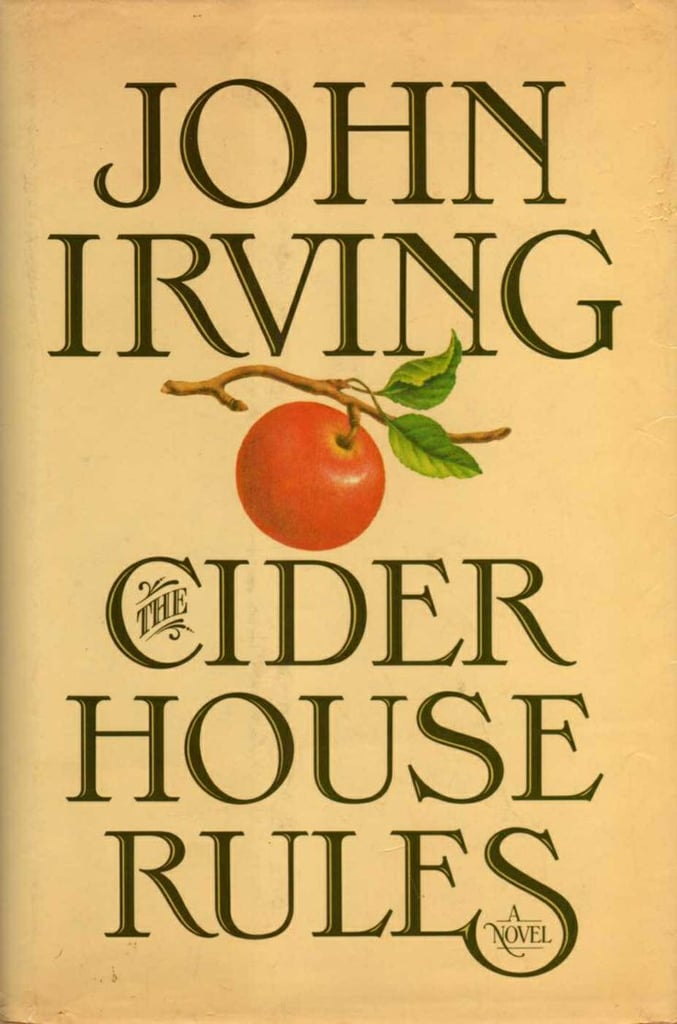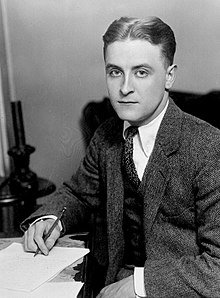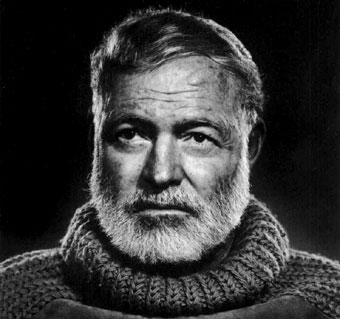Anna Christie by Eugene O' Neill
This is the story of a former prostitute named Anna Christie with a sad background.
The coal-barge captain, Chris Christipherson, receives a letter from his daughter, Anna, who he has not seen since she was five years old. They meet at a bar and she agrees to go with him to the coal-barge. Once there, the crew rescues Matt Burke and other four men from a shipwreck. Matt and Anna meet each other and after not getting along at first, they fall in love.
Matt wants to marry Anna, but Chris does not want his daughter to marry a sailor. This infuriates Anna. Soon after, she confesses her background as a prostitute and that she was raped when she was a child. Matt gets furious and Chris, too.
After this, they talk, Matt forgives her, she promises to abandon prostitution and forgives Chris for not being part of her childhood. Her father agrees with their marriage.
Matt and Chris must go to South Africa but they promise to return after the trip.
Eugene O' Neill
Famed playwright Eugene O'Neill was born on October 16, 1888, in New York City. His masterpiece, Long Day's Journey into Night (produced posthumously 1957), is at the apex of a long string of great plays, including Beyond the Horizon (1920), Anna Christie (1922), Strange Interlude (1928), Ah! Wilderness (1933) and The Iceman Cometh (1946). O'Neill died on November 27, 1953, in Boston, Massachusetts.




































/s3.amazonaws.com/arc-wordpress-client-uploads/infobae-wp/wp-content/uploads/2017/12/11173822/Emily-Dickinson-1.jpg)




